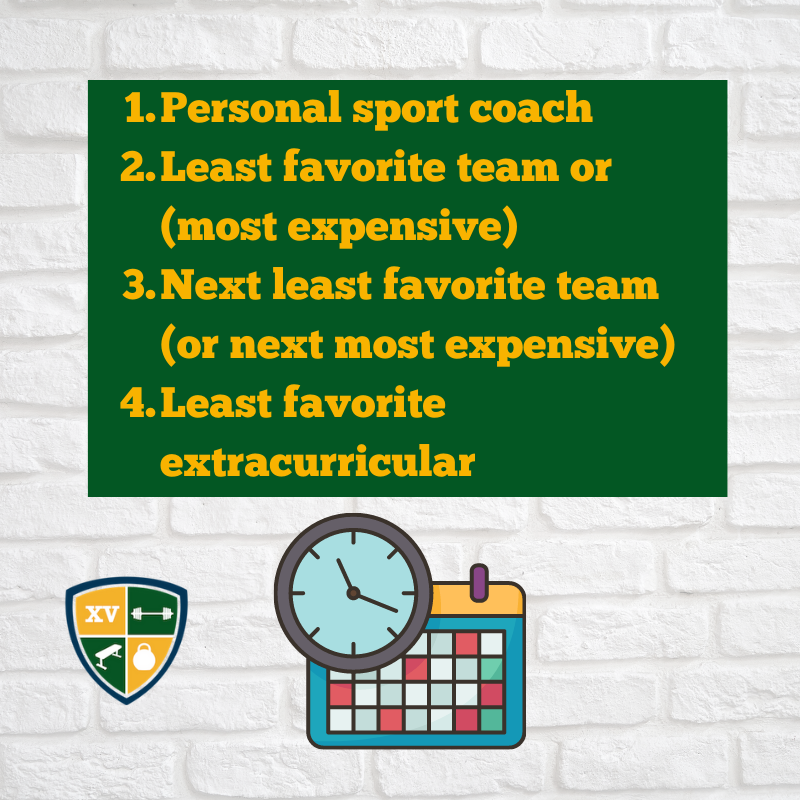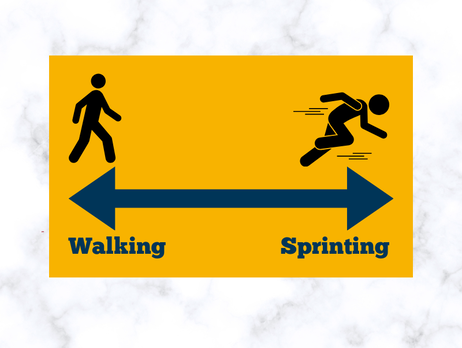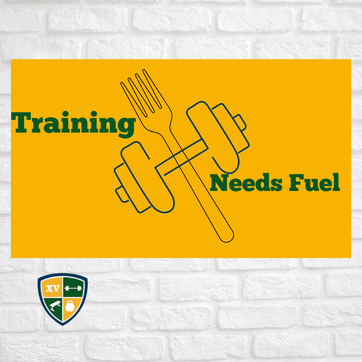|
Everyone is looking for the edge for their young athletes to get into college or to simply succeed in their chosen sport or life. Of course, as parents, folks want to give their youngins whatever they can to help them succeed and get ahead. This leads well intended decisions like, joining 3 different teams of the same sport, getting a personal coach for the sport, and sometimes getting a strength & conditioning coach. All this to go along with school, other sports, other extracurricular activities and just trying to enjoy being a kid. I’m not against keeping the youths busy, busy kids usually keep themselves out of trouble to some extent at the very least. When youth or high school athlete’s schedules get over packed though, what do you think is the most valuable thing they can keep on their schedules? Of course, school and a few diversifying, non-athletic activities should make the cut before anything else. The first thing that is likely going to get eliminated from a busy schedule of school, strength training, speed work, and practices & games for 3 different teams, is what? Speed work and strength training 9 times out of 10 and I’d really like to know folk’s logic to this. I find this to be a poor decision. Strength training, even a mediocre plan, is designed to cut back injuries and make the body more resilient. When a young athlete is basically practicing and playing until they fall over, do you think eliminating something that is supposed to prevent such a thing is the wisest of decisions? Also, do we remember the conversation about overuse injuries cropping up in young athletes that do the same sport year-round and/or for 3 different teams? Let’s just look at 1 particular type of injury, muscle pulls. They tend to be long lingering annoying injuries and of course, nobody wants to see their young athlete come out of the competition with one of those. I will make the case, if you really don’t want that, the player needs to sprint more than just in their games and probably needs some sort of preventative measures built into them. The place to sprint outside of competition and build up resistance to such are in a weight room and with Strength & Conditioning coaches more often than not. The order I myself would chop things from a busy schedule is above. Hey what do I know? I’m not a parent so take this for what it’s worth. I speak from what I’ve seen in my time as a coach from both sides of the situation (sport and S&C).
I do hope that this at least makes sense, finds a few of you nodding to some degree, even if it’s slightly and perhaps wanting to further discuss this. Any other questions or comments, please feel free to reach out and we can have such a discussion. In the meantime, I appreciate everyone taking time to read this and I have you have a great rest of your week.
1 Comment
OK the title is a little misleading, sorry if you feel baited, because I’m not trying to bash running. Running is still a good, fairly low barrier for people to get their movement in, a win in my book. I just prefer to work at either end of this continuum here when it comes to point of entry on this, for the people I work with at the least. I started thinking about this post when a few general population clients asked, apart from their conditioning they do during their sessions, what is something they can most days at home? My answer is usually to go for a walk for a couple days a week in pair with their workouts. Walking is;
Athletes on the other hand, NEED to sprint. I’m not saying run, I’m not saying jog, I’m saying sprint. This is not as easy as roll out of the car on to a field or track and go full bore, so it's not as low of a barrier to entry. Still, it’s something they need to do away from the gym, especially if they are a court or field athlete of any sort. If there are non-athletes or weekend warriors out there that also want to sprint, I say let’s do it. Sprinting, for those that want heavy bang for buck ratio, will;
If you truly enjoy running/jogging and your body isn’t fighting you back on it (constant aches in the knees, ankles, hips, back, etc...) then by all means go for it. Especially if you are someone that intends to run long distance races, you kind of need to run. My only point against it is not everyone is built to withstand the impacts of running. (Though strength training can help with that). If you have another modality that works for you, that gets your heart rate up, by all means have right at it. My point today is that most people should start on one end, or the other, and then figure out whether or not long distance running is for them. Thanks for reading everyone. Hope this made sense to a few of you and I did not annoy too many out there. Have a great weekend and I appreciate your attention today. Hello all, I hope everyone has had a good start to their week. Today is a bit about taking care of yourself or your trainees before you even set foot into the gym. Fairly short, sweet, simple and hopefully informative to make it easy on everyone today, enjoy. Optimizing your training session starts before you even before you make your trek to the gym. The last few weeks, I’ve lost count of the number of trainees and athletes that have come in to train, with no food in their systems. I understand a full on meal is usually not a good idea before you train, especially if the time between waking up and training is short. There are still many options to consume before training so that when you near the end of the. Generally you want to get some carbs, fats and protein, BUT if you can only hit 2 out of 3, that's more than good enough.
The problem with going into a training session is, the possibility of hurting yourself during an intense workout goes up and up as the session goes on. The basic way to describe it is, your body runs out of fuel and starts to find other sources within the body to make energy, and it’s not always from sources you want, like your muscles. So, in the simplest way, this is me telling everyone to fuel themselves and/or their young athletes before they come to their sessions. Keeps the body going at the highest possible functionality of the day and will keep bad from things happening like getting sick or getting hurt. Like always, please reply with any questions, comments and general feedback. Thanks so much for reading and have a good rest of the week. |
Details
AuthorJarrod Dyke, CSCS Archives
July 2024
Categories |



 RSS Feed
RSS Feed